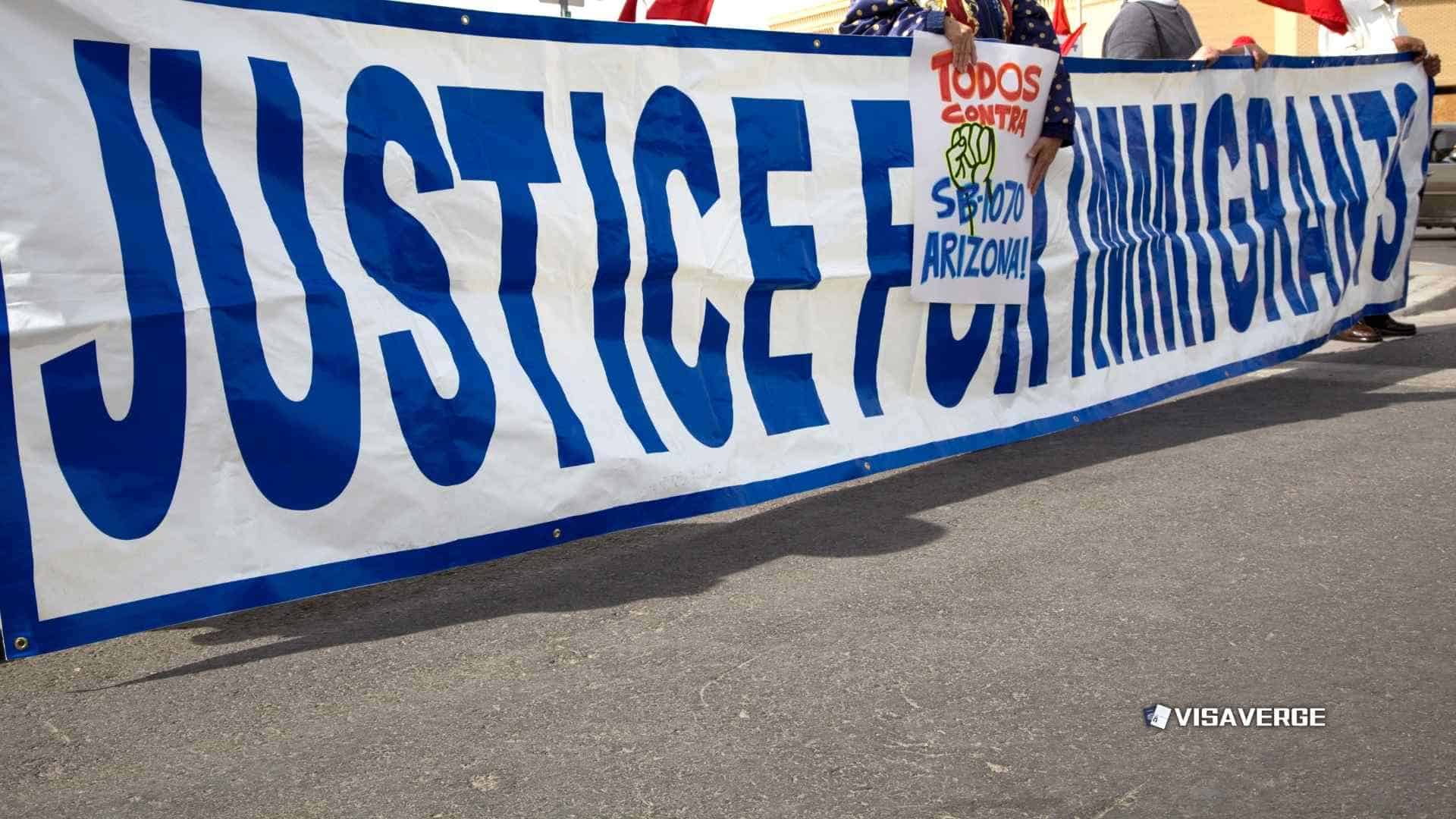(CHARLOTTE, NORTH CAROLINA) Federal immigration agents swept through Charlotte last week in a large-scale operation known as Operation Charlotte’s Web, leaving local leaders to describe the city’s mood as a “heart-breaking week” and families worried about who might be taken next.
The immigration enforcement operation began over the previous weekend and officially ended on Thursday, November 20, 2025, but city officials said Immigration and Customs Enforcement (ICE) and Border Patrol agents could still be seen in some neighborhoods after that date. That continued presence kept residents on edge even as federal authorities said the sweep was over.

Scope and immediate effects
According to local leaders, hundreds of people were detained during Operation Charlotte’s Web, with some later released after showing they were U.S. citizens. That detail has drawn sharp questions about how the operation was planned and who was targeted in Charlotte’s immigrant-heavy districts.
Community groups said the arrests and street checks focused on a city already known for its large immigrant population and Democratic leadership. They noted that the operation followed similar crackdowns in sanctuary cities such as Los Angeles, Chicago, and Portland, raising worries that Charlotte had become the latest stage for high-profile federal action.
Business owners described empty streets in usually busy corridors, with many shops staying closed throughout the week as word spread of checkpoints and detentions. Manolo’s Bakery — a long-standing meeting point for many immigrant families — remained shut for parts of the operation, a choice staff said showed the deep fear that settled over Charlotte’s immigrant neighborhoods.
Community and political response
At a gathering inside Manolo’s Bakery, city council members stood alongside clergy and community organizers to denounce Operation Charlotte’s Web and to call on federal agents to fully leave North Carolina. One pastor described the period as “days of fear and silence.”
One Charlotte council member, the only Republican on the body, said local officials had received no warning from Washington before teams of ICE vehicles appeared around the city, adding, “They didn’t notify us and we weren’t aware they were coming. There was a lot of unrest.”
- Democratic reaction
- Democratic U.S. Representative Alma Adams, who represents much of Charlotte, said the city felt “under siege” during the raids.
- She sharply criticized what she described as profiling and indiscriminate arrests, arguing the operation would carry long-term costs for families already living with daily worries about status checks.
- Republican reaction
- Mark Harris defended the operation, insisting federal officers were “doing their job” and making Charlotte safer.
- Another Republican, Congressman Tim Moore, pressed for more transparency, asking for detailed information about:
- Who had been detained
- For how long they were held
- Whether any homes or businesses had been damaged during searches
Community activism and long-term concerns
Community activists at Manolo’s and at a series of small protests said that even though the visible presence of federal agents had lessened after November 20, the damage to trust would not fade quickly. They warned residents might now think twice before:
- Calling police
- Sending children to school
- Going to medical appointments
This fear stems from the concern that another immigration enforcement operation could return without warning.
“Relief must never replace vigilance and hope must never silence preparation,” one activist told the crowd. The line was later repeated widely on local social media as families tried to plan for the possibility of more federal teams arriving.
Others stressed that the sudden appearance of agents and the large number of detentions had created trauma that would last long after the last vehicle left town, arguing that the official end date of the raids “does not instantly rebuild trust.”
Information gaps and national context
Federal agencies did not release full public data on the number of people detained or the breakdown of charges during the week-long operation. Community members said that lack of information fed rumors and fear, especially among those who had seen friends or relatives questioned on the street and then taken away in vehicles marked with federal logos.
While officials in Charlotte called for federal agents to leave North Carolina completely, there was no immediate indication from Washington of any change in policy. National immigration enforcement guidance from agencies such as U.S. Immigration and Customs Enforcement continues to give officers wide leeway to carry out operations in cities that local leaders consider safe spaces for long-term residents without status.
Analysis by VisaVerge.com noted that events like Operation Charlotte’s Web often become national tests of how far federal agencies will go in so‑called sanctuary jurisdictions. Local officials face the challenge of balancing public safety messages against the need to reassure mixed-status families that they still have a place in their city.
Human and economic impacts
Leaders emphasized that the most painful stories were not only about arrests but about the disruption left behind:
- Missed work and lost wages
- Anxious children waiting at home for parents to return
- Families staying indoors or avoiding public life during the operation
Residents and advocates say the coming weeks will show how deep the shock truly runs, as schools, churches, and legal clinics try to reconnect with families who stayed home or avoided services while the enforcement operation was underway across Charlotte and nearby suburbs.
Quick reference: impacts at a glance
| Area affected | Examples |
|---|---|
| Economic | Missed work, lost wages, closed businesses (empty streets, shops closed) |
| Social | Fear of reporting crimes, avoiding public appointments, children anxious |
| Trust | Long-term erosion of trust in authorities and public institutions |
| Information | Lack of official data on detainees, fueling rumors and uncertainty |
Final takeaways
Local leaders warned that unless clear answers come soon about who was detained and why, the phrase “heart-breaking week” may come to define Charlotte’s memory of this moment for years. Many in Charlotte say they will not forget the lesson soon either.
Operation Charlotte’s Web saw hundreds detained across Charlotte, officially ending Nov. 20, 2025, though agents lingered afterward. Local leaders condemned the lack of advance notice from federal authorities and raised concerns about profiling and indiscriminate arrests in immigrant neighborhoods. Businesses closed and residents avoided schools, work and medical appointments, producing economic losses and emotional trauma. Community organizers demand transparency about detainees and stronger coordination to rebuild trust between residents and law enforcement.













